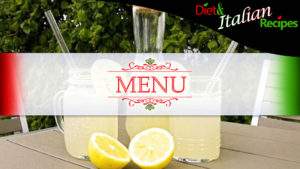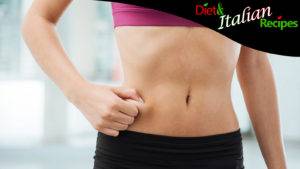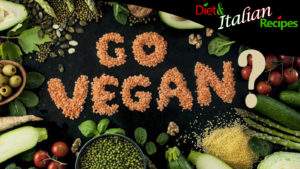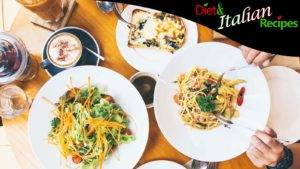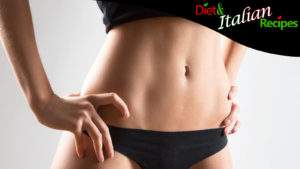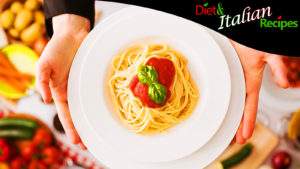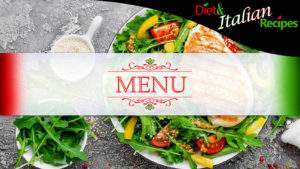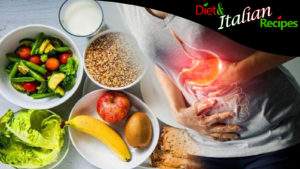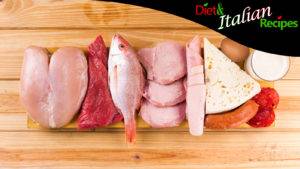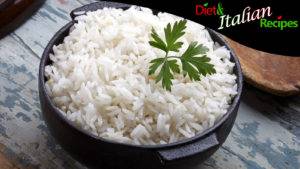Colitis is a disease that can cause various uncomfortable symptoms, but a proper diet can help reduce the impact of the disease on your body. It is important to know what to eat and which foods to avoid to prevent nutritional deficiencies and improve well-being. When it comes to eating with colitis, there are some guidelines to follow. The colitis diet focuses on rehydrating the body without irritating the intestines. Therefore, it is advisable to consume foods that are rich in water, vitamins, and minerals, but low in fiber to promote easy digestion. In the colitis diet, it is important to include foods that provide the necessary nutrients while avoiding those that can trigger unpleasant symptoms. Make sure to drink enough water and keep in mind which foods to avoid. With proper nutrition, you can alleviate colitis symptoms and promote your overall well-being.
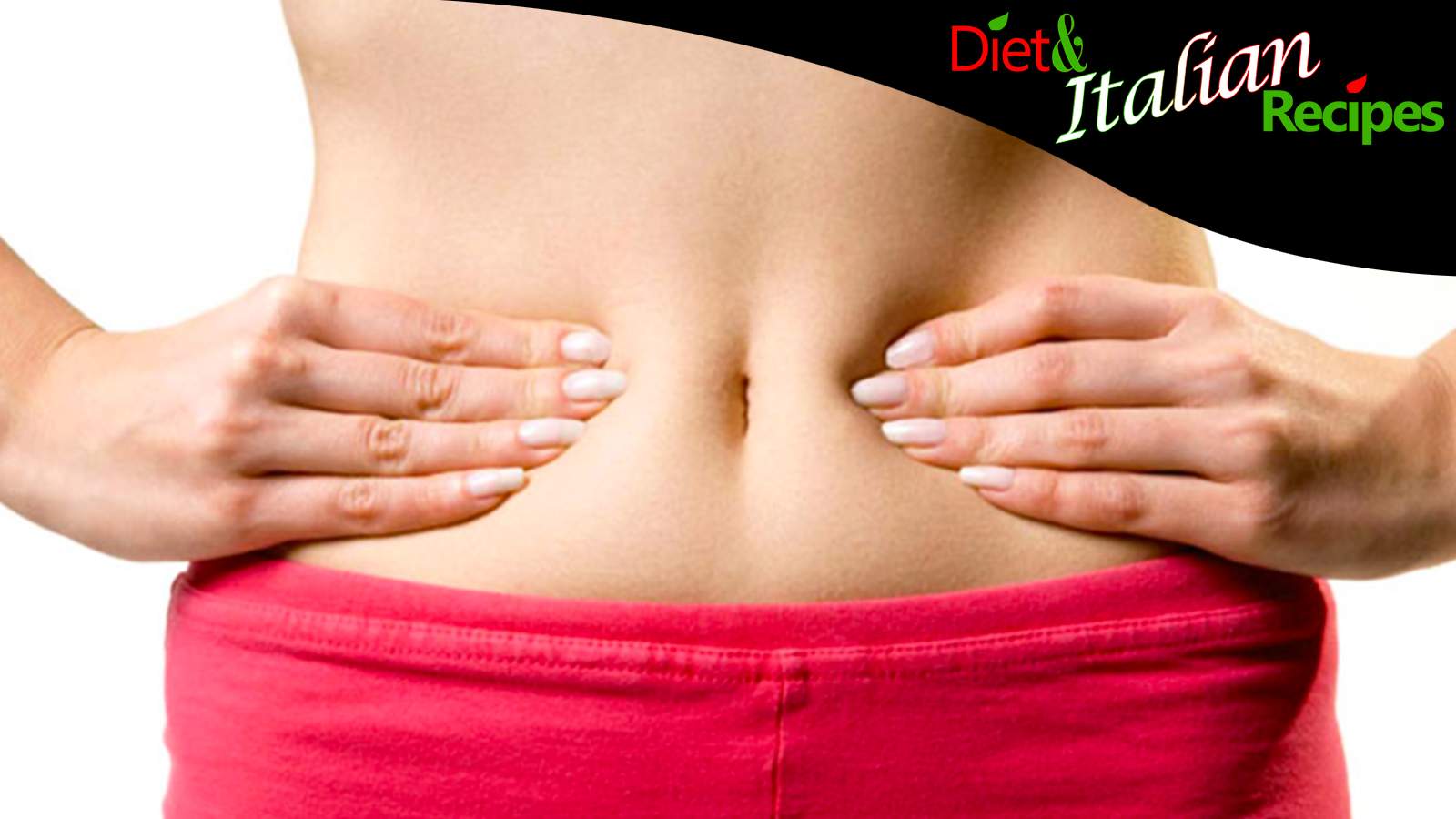
Diet for Colitis: What to Eat
Colitis is a condition that causes intestinal discomfort and can make it difficult to decide what to eat. Following an appropriate diet for colitis becomes essential to relieve symptoms and improve the quality of life for people affected by this condition.
Breakfast is an important meal, and when suffering from colitis, it is advisable to opt for light and easily digestible foods. Some options include gluten-free cereals such as rice or quinoa, accompanied by fresh fruit or low-fat yogurt. It is important to avoid foods that are too heavy or high in sugars, as they may further irritate the intestines.
For lunch and dinner, it is recommended to choose gently cooked foods such as steamed or boiled vegetables, lean proteins like chicken or fish, and light carbohydrates such as brown rice or baked potatoes. It is preferable to avoid spicy, fried, or fatty foods as they can worsen colitis symptoms.
For snacks throughout the day, you can opt for fresh fruit such as bananas or apples, or light snacks like plain yogurt or fruit and vegetable smoothies. Avoid packaged foods or those high in preservatives, as they may contain ingredients that irritate the intestines.
It is important to remember that each person may react differently to foods, so keeping a food diary to identify any triggers that cause colitis symptoms may be helpful. Additionally, drinking plenty of water throughout the day is crucial to maintaining proper hydration and promoting the proper functioning of the intestines.
Here’s what to eat for colitis
- Lean meat (chicken, turkey, pork loin);
- Lean fish (tuna, anchovies, cod, flounder);
- Extra virgin olive oil for dressing;
- Vegetables and fruits, to be consumed without seeds;
- To be consumed in moderation: soft-boiled eggs, Grana Padano cheese, Parmigiano Reggiano, pureed legumes.
Example of a colitis diet
- BREAKFAST: 1 glass of orange juice + 7 almonds.
- SNACK: 1 apple.
- LUNCH: 1 plate of vegetable minestrone with hulled legumes and grains + 1 tablespoon of Parmesan cheese.
- SNACK: 1 banana.
- DINNER: 1 slice of turkey breast + Mixed salad dressed with raw extra virgin olive oil + 1 slice of whole grain bread.
Colitis Diet: What to drink
When it comes to choosing what to drink to manage colitis, there are some recommended options. Allowed beverages include water, herbal teas, and infusions. In particular, it is recommended to opt for fennel teas and infusions prepared with marshmallow (a tall pink-flowered European plant that grows in brackish marshes. The roots were formerly used to make marshmallow, and it is sometimes cultivated for medicinal use) or blueberry leaves. These drinks can provide relief and help soothe the symptoms associated with colitis. It is important to avoid other beverages that may be irritating to the intestine and trigger or worsen colitis symptoms.
Beverages to avoid with colitis
- Alcohol;
- Coffee;
- Acidic and carbonated drinks;
- Milk.
Diet for Colitis: Foods to Avoid
It is important to know which foods to avoid if you suffer from colitis in order to alleviate symptoms and promote better intestinal health.
When it comes to colitis, there are certain foods that are best to avoid. These foods can further irritate the inflamed intestine and worsen symptoms. Avoiding these foods can help reduce the pain and inflammation associated with colitis.
First and foremost, it is advisable to avoid fried foods and high-fat foods. These foods can be difficult to digest and can increase inflammation in the intestine. Instead, it is preferable to opt for lighter and easily digestible foods.
Additionally, spicy and heavily seasoned foods can cause irritation in the already inflamed intestine. It is best to avoid spicy sauces, chili peppers, and strong spices if you suffer from colitis. Opting for milder and less irritating foods can be a better choice for intestinal health.
Similarly, dairy products can cause problems for many people with colitis. The lactose present in dairy can be difficult to digest for some people, causing symptoms such as bloating and diarrhea. It is important to pay attention to dairy intake and consider alternatives such as soy or almond milk.
It is recommended to avoid foods high in insoluble fiber. These foods, such as bran, can be difficult to digest and can increase inflammation in the intestine. It is better to prefer foods based on soluble fiber such as cooked apples and sweet potatoes, which are easier to digest.
List of main foods to avoid
- Dairy products (because they contain lactose)
- Legumes WITH SKIN
- Irritating sauces and spices (pepper, paprika, curry, etc.)
- Dried fruits
- Fruits containing small seeds or achenes
- Chocolate
- Saturated fats, hydrogenated fats, oils obtained through thermal or chemical treatments (from seeds)
- Processed products containing added sweeteners.
What are the cooking methods to use for preparing food
If you suffer from colitis, it is important to pay attention not only to what you eat but also to how you cook your food. An improper cooking method could cause abdominal pain and intense cramps, compromising your healthy diet.
There are some cooking methods that are particularly suitable for people with colitis. Boiling, steaming, and gentle pan-frying (using a cold pan) are among the best options. It is advisable to avoid other cooking methods such as frying, consuming raw meat, fish or eggs, grilling or barbecuing, and baking.
Cooking food properly is essential for maintaining an appropriate diet for colitis. Make sure to follow these tips to avoid discomfort and promote your intestinal well-being. Remember, even small details can make a difference when it comes to your health.
Diet for Colitis, what to eat exactly
Diet plays a crucial role in the well-being of the intestine for colitis. However, it is important to remember that each individual may react differently to foods due to colitis. What may be beneficial for some people may worsen symptoms for others.
Therefore, it is essential to start from the basics and experiment, keeping a food diary, to discover which foods are suitable for one’s condition. A helpful tip is to record the foods consumed day by day and monitor any positive or negative reactions that occur.
Furthermore, it is essential to consult with your doctor to obtain specific guidance and create a personalized diet that can control colitis symptoms without sacrificing the pleasure of eating. Through thorough doctor-patient collaboration, it will be possible to identify the most suitable foods and gain reassurance regarding the food consumed.
SHARE the Diet for Colitis: What to eat and foods to avoid for those suffering from Colitis.
The information provided in the Diet and Italian Recipes articles is for INFORMATION ONLY and does not intend to replace the opinion of professional figures such as a doctor, nutritionist, or dietitian, whose intervention is necessary for the prescription and composition of personalized dietary therapies.
